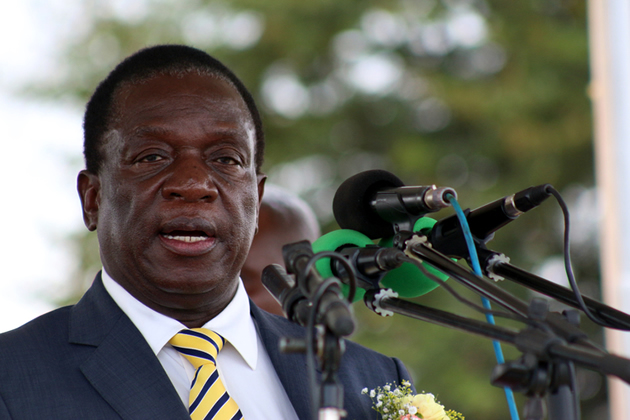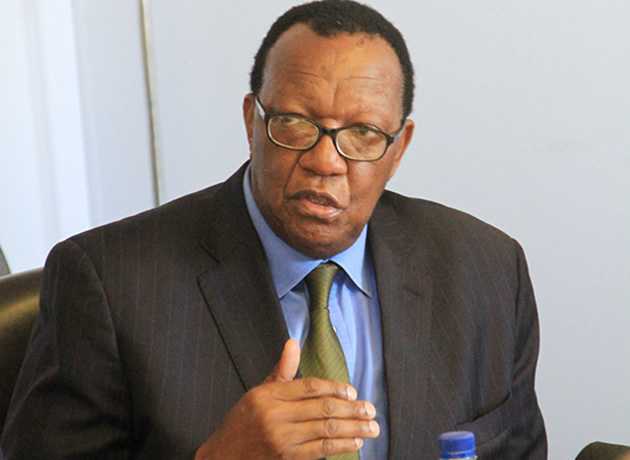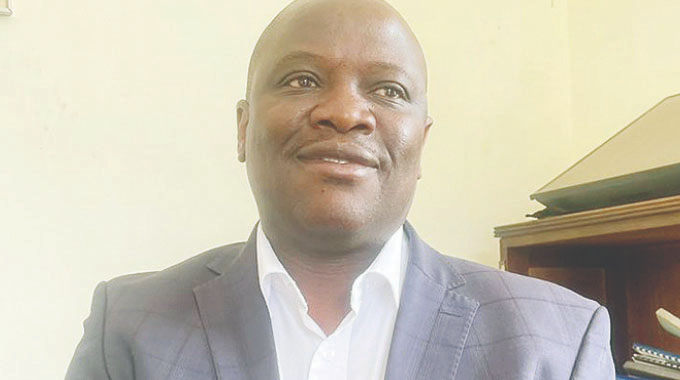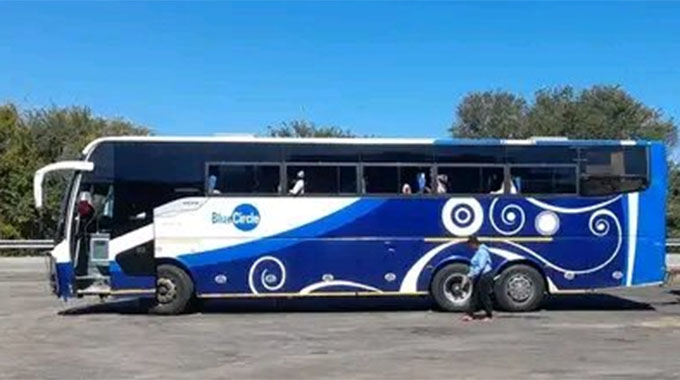VP Mnangagwa grants nod to self-sustaining maize project


VP Mnangagwa
Tinashe Makichi in Victoria Falls
Government will embark on an initiative to ensure food security through the effort of an initiative with 2 000 farmers.
The model is based on participation by 2 000 farmers with access to at least 200 hectares of arable land, each with a mandate to produce at least 1 000 tonnes of maize. The project will target farmers near water bodies, who can put a minimum of 200 hectares under maize per person.
“The distinct advantage of the project is that it is self-financing, with each participating farmer being required to commit five tonnes per hectare towards repayment of advanced loans in the form of irrigation equipment, inputs and chemicals, mechanised equipment, electricity and water charges. The farmer retains all the surplus for personal use,” said Vice President Emmerson Mnangagwa at the Zimbabwe National Chamber of Commerce annual congress in Victoria Falls yesterday.
“We also need to mechanise our farming operations by making use of modern irrigation technology and taking advantage of every existing water body in the country,” he said.
In this regard, VP Mnangagwa said the country continues to receive agricultural equipment support from countries like Brazil, China, India and Belarus for use by A1, A2, and communal farmers.
VP Mnangagwa said the effective use of fertilisers, herbicides and related information in modern farming methods will improve crop yields from the current levels of about 0,8 tonnes per hectare to about eight tonnes per hectare, a figure already achieved by some countries in Africa like Egypt.
He said with some 220 000 hectares of irrigated land available, Zimbabwe can achieve about 3,5 million tonnes of maize per annum in two seasons, enough to feed Zimbabwe and export.
“The use of conservation agriculture and other strategies should also improve A1 and communal farmer crop yields to anything close to 2,5 tonnes per hectare from the current 0,5 tonnes.
“Contract farming especially in maize, tobacco, cotton, and soya beans among other crops should improve yields and make savings on imports.
“Current maize and soya beans are imported to close the current supply gap,” he said.
He said upstream agricultural processing will include fertiliser manufacturing, pesticides, seed and equipment and processing grain and livestock processing.
Vice President Mnangagwa said Government has come up with a National Livestock Strategy, which will feed into resuming beef exports to the European Union and Middle East, among other countries.







Comments